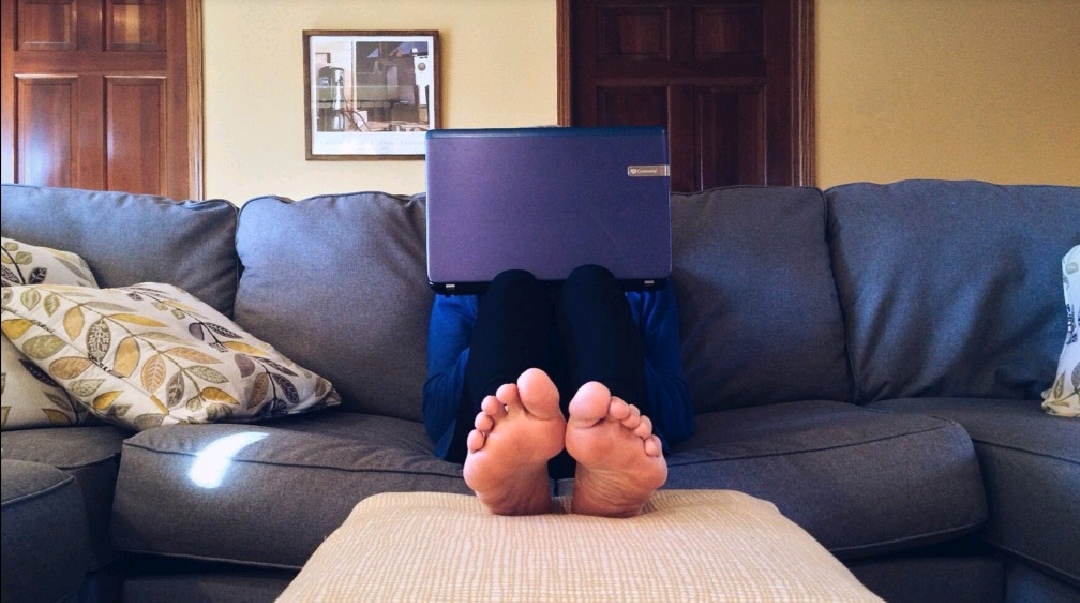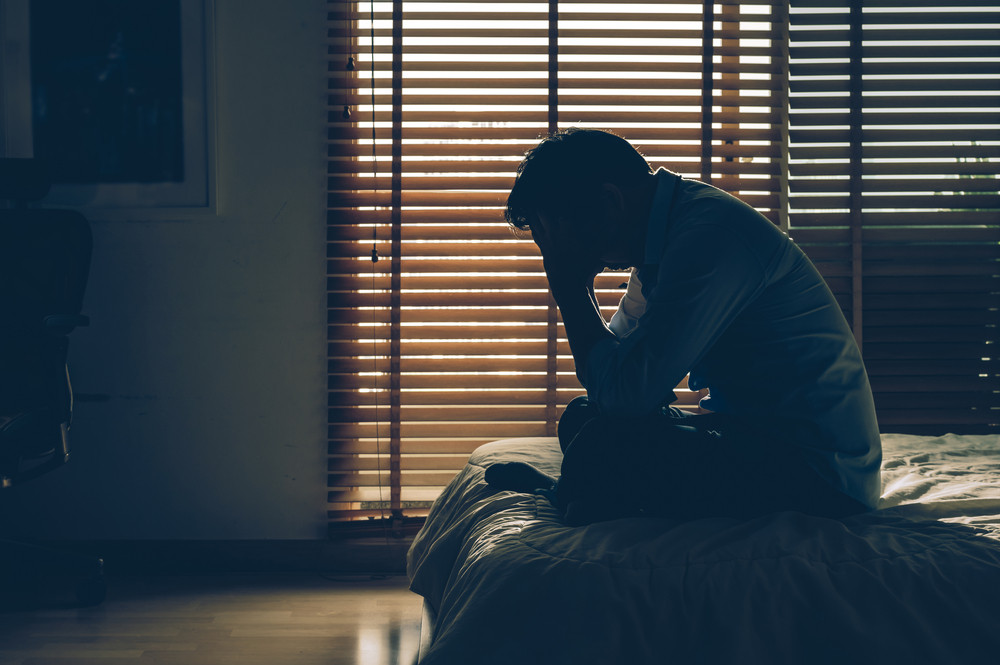Curtis Cripe: Understanding Brain Waves for Mental Health
According to Curtis Cripe, brain waves, the rhythmic patterns of electrical activity in our brain, are fundamental to our mental health and overall well-being. These intricate neural oscillations regulate our thoughts, emotions, and behaviors, highlighting the profound impact they have on our cognitive functions and emotional states. Let's delve into the fascinating realm of brain waves and explore how these intricate patterns of neuronal activity impact our mental state and cognitive functions. Understanding the nuances of brain waves can offer profound insights into the complexities of our mind-body connection. |
Image source:
tracyalston.com |
Understanding Brain Waves
The human brain, a marvel of complexity, comprises specialized cells known as neurons. These neurons communicate through intricate electrical brain waves, which dynamically shift based on our level of consciousness and the cognitive processes at work within our extraordinary minds.
Different brain waves are associated with various mental states:
Delta Waves are the slowest brain waves generated during deep meditation and dreamless sleep, contributing to healing and regeneration. Theta Waves occur during sleep and relaxation and are associated with inner focus, vivid imagery, and dreams. Alpha Waves are present during quiet, thoughtful moments, indicating a resting state. Beta Waves are common during normal waking hours when we're alert and focused on problem-solving. Gamma Waves, the fastest brain waves, are linked to higher consciousness and advanced mental processes.
Manipulating Brain Waves
Regular meditation has been found to boost the production of alpha waves, which are associated with a state of relaxation in the brain. In contrast, it also helps in decreasing the beta waves, which are linked to active thought processes and learning. This practice is highly recommended as an effective method for managing and reducing stress levels.
Deep Breathing and Visualization are powerful techniques employed in mindfulness meditation to enhance the production of alpha waves in the brain. These alpha waves are associated with a relaxed and focused state of mind, promoting a deeper sense of calm and mental clarity during meditation practice.
High-tech wearables with neurofeedback technology offer users real-time insight into their brain wave activity. By utilizing specialized headbands, individuals can actively reinforce positive patterns of brain waves, leading to enhanced relaxation, improved sleep quality, and increased productivity. Despite their effectiveness, it's worth noting that these innovative devices often come with a higher price tag, making them a more exclusive investment option.
Each sleep stage corresponds to specific brain waves. Stage 1 involves the transition from relaxation to sleep, characterized by theta waves. In Stage 2, slower brain waves emerge as alpha activity ceases and theta waves become predominant. Stages 3 and 4 represent deep sleep with delta waves, during which sleepwalking and nightmares may occur.
Brain waves are relevant to mental health because abnormalities in brain functioning, such as over-arousal in specific brain areas, can have a profound impact on mental health conditions.
For instance, heightened activity in certain regions of the brain has been linked to increased levels of anxiety, disturbances in sleep patterns, impulsivity, and even aggressive behavior. These variations in brain activity play a crucial role in shaping an individual's emotional well-being and behavior, underscoring the intricate relationship between brain function and mental health outcomes.
Researchers and healthcare professionals can develop more tailored interventions and treatments to effectively support individuals grappling with these challenges by delving deeper into how the brain influences different aspects of mental health.
 |
Image source:
th.bing.com |
Curtis Cripe emphasizes that delving into the realm of brain waves provides us with the keys to enhancing our mental health and overall well-being. By exploring practices such as meditation, visualization techniques, or utilizing innovative wearable technology, we unlock the potential to steer these brain waves toward attaining our desired mental states for improved cognitive performance and emotional balance.
Director and head of NTL Group’s research and development team Curtis Cripe, Ph.D., shares a lot of his knowledge on the brain to help readers everywhere understand it more. You can find more of his articles by clicking this link.





















